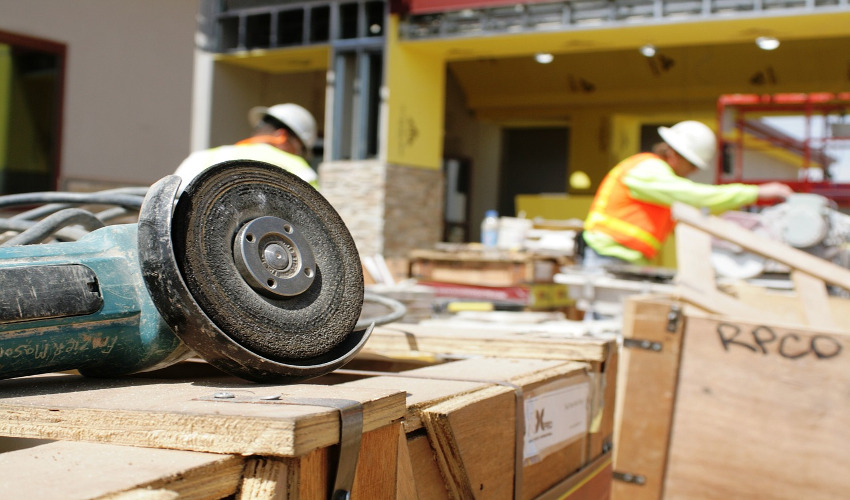
How Contractors Keep Up With Construction Industry Trends
The construction industry is constantly evolving and trends can seem to come and go very quickly. When it can take months or years to plan, build and finish a new home, office building or other structure, how can contractors keep up with trends so each project is new and fresh, without becoming outdated before it is ever finished?
Economics Over Everything
The biggest, most important trend that never ends in the construction industry is economy – the bottom line is always the top priority, to keep projects under budget to please clients and improve profits. This may mean following trends toward new materials that can be manufactured, shipped or installed at lower costs, or adapting streamlined processes to help projects move more smoothly and be completed more quickly. Collaborative projects allow contractors to work together and utilize a better set of expertise and more wide-ranging skills, all of which can help make projects as economical as possible.
Universal Trends
Some trends, while they may evolve over time, remain universally popular for many years. This allows contractors to embrace these large trends that cover all sectors of life, and adapt each one uniquely for their own projects. Some of the most popular and strongest universal trends include…
- Sustainability and the use of more environmentally-friendly materials and “green” practices, not only for construction, but for how the completed project will operate in the future
- Flexibility in the final design so the project can be adapted to new uses or changing needs in the future, even as completely new trends are introduced
- Convenience and compatibility, allowing for customization and change as needed to meet clients’ needs and preferences
Embracing Technology
Construction is far more than a hammer and nails, and contractors who embrace technology to assist with their projects will be more adaptable as trends change. The use of drones, project simulators, adaptable designs and “smart” products that can integrate with consumers’ technology can all help contractors keep up with trends and deliver exactly what their clients want, on time and under budget.
Keep It Local
Trends vary dramatically from place to place, and different geographic regions embrace new fads and trends in different ways. Contractors who strive to work with local designers, planners, architects and other professionals on each project are better able to keep up with local trends and preferences. This will help each project not only be up-to-date on the latest trends, but to also have that local, personal touch that can make work stand out as truly exceptional.
Networking
Communication is key when following trends and staying updated on the newest, latest innovations, whether those innovations are new tools or construction techniques, preferred finishes or the changing moods of a local community. Contractors often collaborate on projects, giving them the opportunity to share observations about a wider range of projects so trends can be spotted more quickly. Organized networking through trade shows, training courses and other professional meetings is also helpful to stay updated and on top of evolving trends.
Beyond Trends
Trends are important in the construction industry, but even more important is to look beyond those trends to the clients at the end of every finished project. Those clients may embrace or reject trends according to their own personal preferences, and the clients’ wishes should always take precedence for how a project comes together. Satisfied clients become excellent referrals and word-of-mouth business that is critical for contractors to remain productive and profitable, and you never know – that quirky suggestion by one client could easily become the next trend that other contractors will be following.
